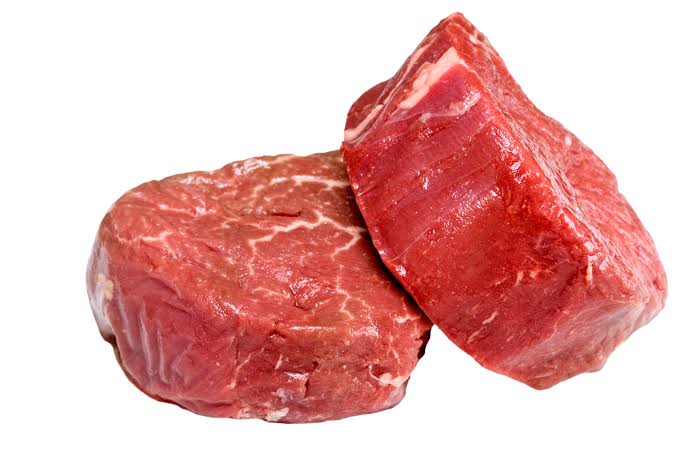A Veterinary Doctor, Dr Mutiu Oladele-Bukola, has urged Nigerians to avoid eating raw, undercooked meats and animal organs to prevent the spread of Coronavirus.
SEE ALSO: World Glaucoma Day: Optometrists caution against Self Medication on Eye Disorder
Oladele-Bukola, of the Institute of Agricultural Research and Training (IAR&T), Ibadan, gave the warning in an interview with the News Agency of Nigeria (NAN) on Thursday in Ibadan.
According to him, the World Health Organisation (WHO) has also advised people, who visit live markets in areas that have Coronavirus cases to avoid contacts with live animals and the surfaces they might have touched.
He urged people to avoid eating suya and other roasted meats, especially when they were cold.
“If at all you must eat suya, roasted meats this period, make sure it is served very hot because the virus doesn’t survive in a hot material/environment. So avoid eating suya and roasted meats when they are cold.
“Also don’t use papers to wrap your suya or roasted meat; let it be served very hot in your plate; rats might have climbed on the paper they used to wrap it and this can lead to Lassa fever, another terrible disease.
“When cooking meats, make sure you allow it to boil very well, at least 100 degree level, before you bring it down and start eating,” he said.
The veterinary doctor also said that covering the mouth and nose with a tissue or handkerchief while coughing or sneezing could also help prevent transmission, stressing that such tissue paper should be dispose off immediately after use.
He advised animal farmers/handlers to always keep the environment where the animals were kept neat, while urging them to consult veterinary doctors when they discovered that the animals were sick.
Oladele-Bukola said that a doctor could diagnose the virus responsible by taking a sample of respiratory fluids, such as mucus or blood.
He, however, added that researchers believed that the viruses could be transmitted through fluids in the respiratory system, such as mucus.
The veterinary doctor added that touching or shaking hands with a person who had the virus could pass the virus between individuals as well as making contact with a surface or object that had the virus and then touching the nose, eyes or mouth.
“Improperly cooked meat and eggs can also cause it; some animal coronaviruses, such as feline coronavirus (FCoV), may also spread through contact with faeces.
“However, it is unclear whether this also applies to human coronaviruses; results from our findings show that it may take two to 14 days for a person to notice symptoms after infection.
“To prevent transmission, people should stay at home and rest while symptoms are active; they should also avoid close contact with other people, wash their hands often with soap and water or use an alcohol-based hand sanitiser.
“Avoid touching your eyes, nose and mouth, if your hands are not clean; avoid close contact with anyone who is sick; clean surfaces you often touch and stay away from work, school and public places, if you are sick.
“Let us do our own path, while we trust God for divine protection. I believe the virus will be a gone issue very soon, by the grace of God,” he said.

